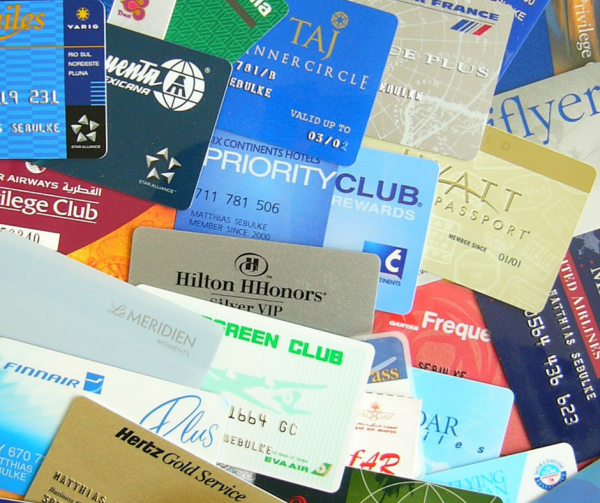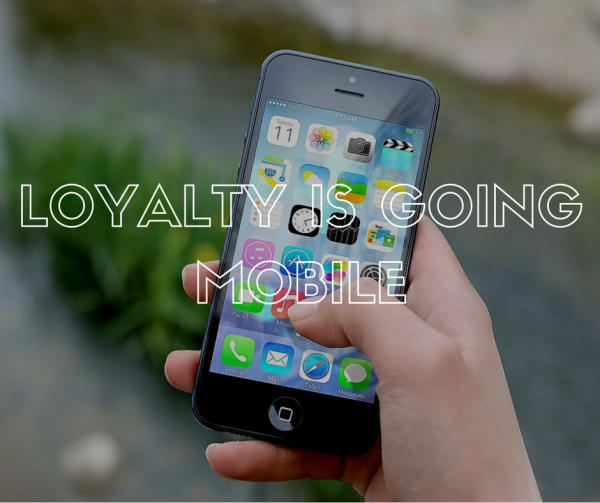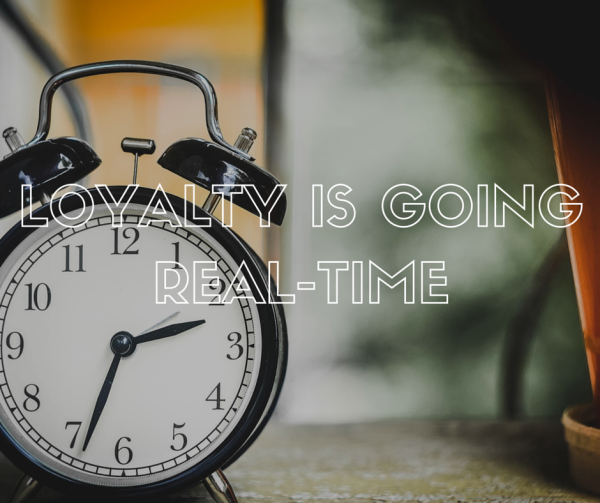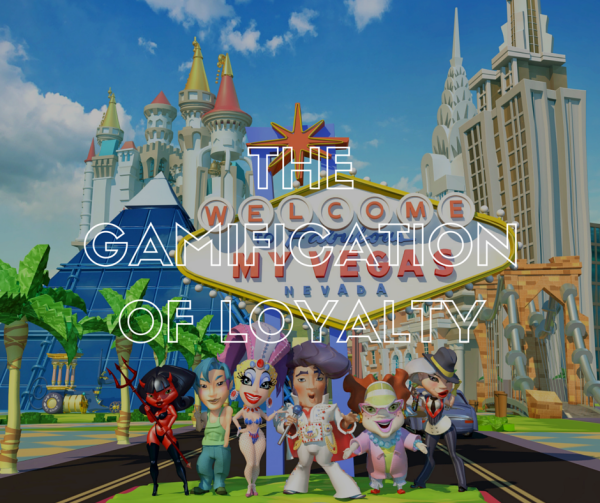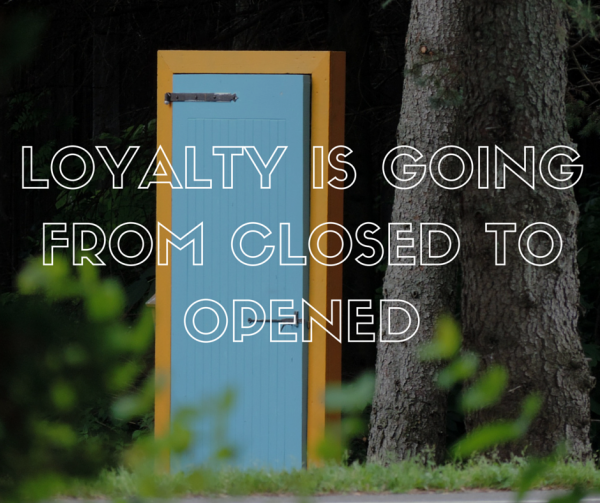A study done by Cornell School of Hotel Administration on two sets of independent hotels shows that they had, on average, a 50 percent increase in annual revenue per enrolled guest when people joined their loyalty program. This research might not be universally true, but it does show that it can work for a number of small or independent hotels. Here are some helpful trends that might help you decide what type of new loyalty program you want or how to change an already existing one into a more profitable and efficient one.
Younger generations don’t want plastic or all together physical loyalty cards, they want them on their mobile device. This is the trend in general, our mobile devices are becoming more and more essential to our daily lives. People used to check for their wallets when going shopping, now they check for both wallet and phone. Mobile friendly versions of loyalty programs offer something that traditional means can’t… a two way communication with the customer. Before it was just the company that was pushing their deals, but now you can see how your customers react directly to the offers you have for them. This might sound like an expensive thing to implement but there are plenty of affordable solutions that do not require you to develop your own loyalty program app. Companies like Belly, PunchTab or Perkville offer mobile apps that connect your customers to a larger network where they can spend their loyalty points. Other websites that cater exclusively to small hotels are Stashrewards or GHA Discovery. They connect your business with a bigger community of hotel owners that can make your loyalty programs more appealing. The downside is that they require a commitment for a certain period of time.
The programs need to be there for consumers as they think about booking, not only after they have finished their stay. This is because the attention span of consumers has diminished significantly due to the fast paced society we live in. So they want immediate gratification or recognition for their purchases. You have to ask yourself honestly, what would you prefer while shopping: getting x virtual points that count towards some far away goal or a neat reward on the spot, like free WiFi or later check-out times? This type of loyalty program could be implemented by improving the reward based on subsequent purchases i.e. start with something small, then build up the rewards. An example of this type of program is Orbitz. They make it so you instantly get a percentage off all flights, hotel bookings and all sorts of services related to travel.
This is because people want to see the reward now, not somewhere in the future. And providing this type of entertainment in the now and here can help them pass the time. Fun throughout the journey to the ultimate reward. A hugely successful example of this type of reward program is myVegas. They have over 3 million likes on Facebook so I think they are doing something right. They took a Candy Crush like game and added the element of luck in order to win discounts at hotels and other services in Las Vegas. This can sound like a huge investment on your part, but it doesn’t necessarily mean that you have to go all out with a game developer… simple and addictive can do the trick. Freelancer sites like fiverr.com offer a wide array low cost options to build your own mini-game.
Marketing is all about finding the needs of your customer and fulfilling it. So it’s not a good idea to have a one size fits all approach. Consumers want things that are significant for them, so being open and letting your loyal customers choose how to receive gratification is something people are looking for. By letting them choose how they get rewarded you can gather valuable information about what is important and relevant for them. So in the future you can better tailor your products and services to fit their needs.
Do you currently use a loyalty program in your small hotel? And if so, have you felt a positive effect on your business?
Lorin is Inbound Marketer at HoteloPro, online hotel management system trusted by small hotels and B&Bs from over 15 countries.


